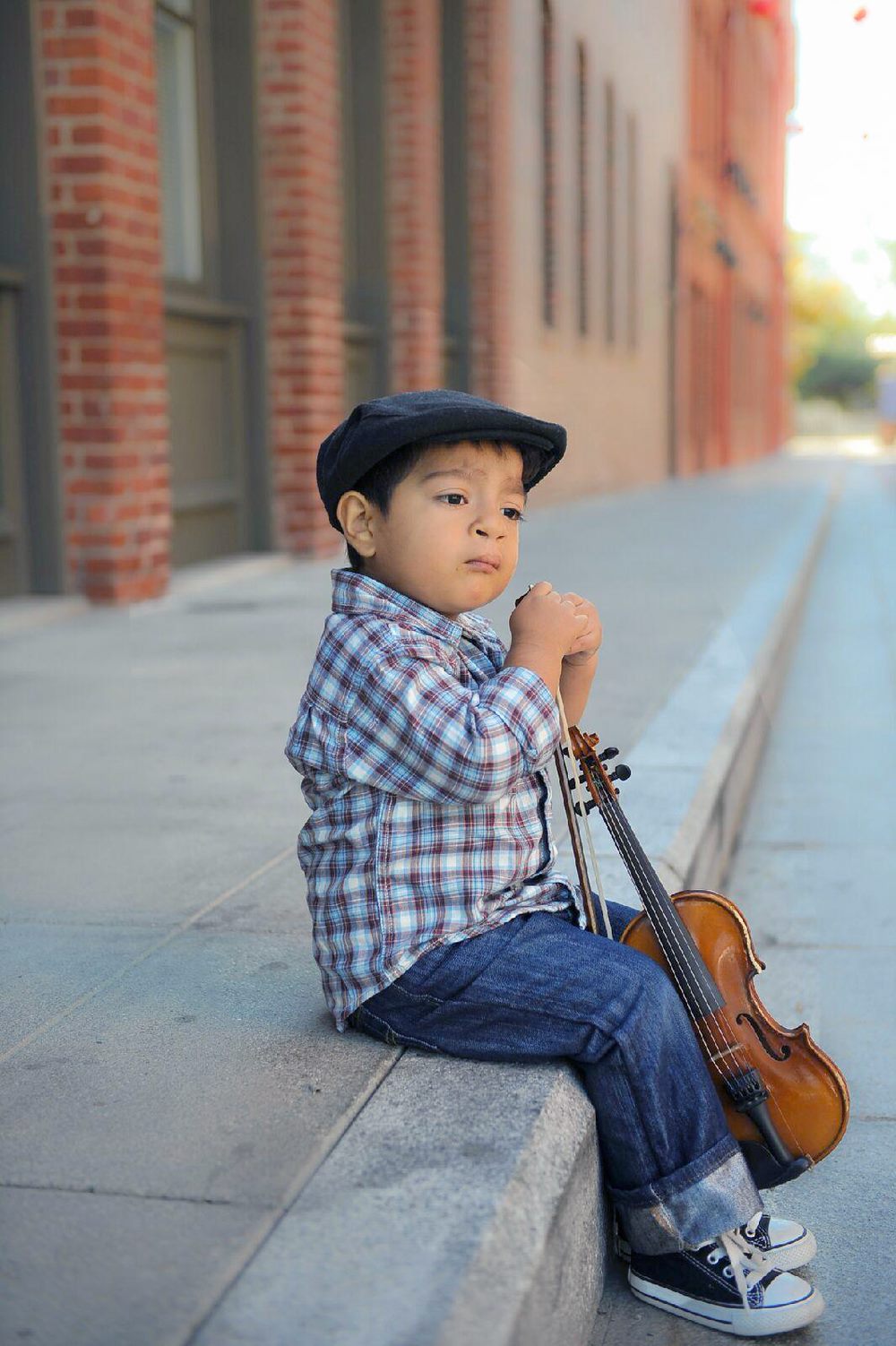When Allen Vides was born, his mother Wendy, expected to be able to hold him and take him home.

However, Allen was born with a tracheoesophageal fistula (TEF), a ventricular septal defect (VSD) and a bilateral cleft lip. He was immediately transferred from another regional hospital to the level III neonatal intensive care unit (NICU) at Miller Children’s & Women’s Hospital Long Beach.
“All of Allen’s conditions were a complete surprise,” says Wendy. “Every ultrasound I had during my pregnancy was normal, there were no indications of any problems. When they transferred him to another hospital right away, I remember feeling confused and scared.”
Miller Children’s is one of 22 hospitals in California to feature a regional Level III NICU which is the highest regional designation available from the state. Such designation means the unit must meet strict state regulatory criteria to provide the necessary care for very sick infants who need immediate surgery.
As soon as Allen arrived at Miller Children’s NICU, the nurses were in contact with Wendy to give her updates on how he was doing. The day after he was born, Allen had to have surgery to correct his TEF, which is an abnormal connection between the trachea and the esophagus. Food and saliva can get into the trachea and travel to the lungs through this connection, which can lead to reflux or even lung infections if not treated promptly.

The Henry L. Guenther Foundation Pediatric Surgical Center at Miller Children’s is the newest, state-of-the-art surgical center in the region dedicated exclusively to infants, children and adolescents. Miller Children’s surgeons specialize in the treatment of children and know that their surgical needs are different. The team also has extensive experience in neonatal surgery, treating congenital defects in newborns and premature infants.
Allen’s surgery to correct his TEF went well. During his recovery, the doctors and nurses monitored his VSD – a hole in the wall separating the two lower chambers of the heart. If the hole doesn’t close, it may cause higher pressure in the heart or reduced oxygen to the body. Since Allen’s VSD was on the smaller side, Wendy was relieved to hear that her son would not have to have open heart surgery.
Because of his bilateral cleft lip, Allen had trouble holding a bottle. A cleft happens when parts of the lip and mouth do not completely fuse together. A bilateral cleft lip divides the lip into three different segments and often extends into the nose. Cleft lip is something that is usually detected in an ultrasound around the 13th week of pregnancy, however Allen’s wasn’t seen.
Allen spent his first two months at Miller Children’s for treatment. During this time, Wendy and her husband Armando, stayed at the Long Beach Ronald McDonald House near Miller Children’s to be closer to Allen.
Because of his heart condition, Allen had to grow more before surgery to correct his cleft lip could be performed. The surgery involves reconstruction of the lip and often part of the nose. This surgery helps with any issues related to feeding, hearing, teeth or speech in a child with cleft lip. Allen was 9-months-old when he had this surgery and made a great recovery.
Today, Allen is getting ready to celebrate his fourth birthday. His VSD is closing as he grows and he only has to go to the hospital for yearly check-ups. He has almost no scar tissue now from his cleft lip correction surgery. He has a passion for music and loves to mimic mariachi and classical songs on his violin. His favorite game to play is doctor.
“All of the doctors and nurses at Miller Children’s were incredibly helpful throughout our journey,” says Wendy, “From the minute Allen arrived, they were not only taking care of him, but taking care of us as well, and for that we are grateful.”

